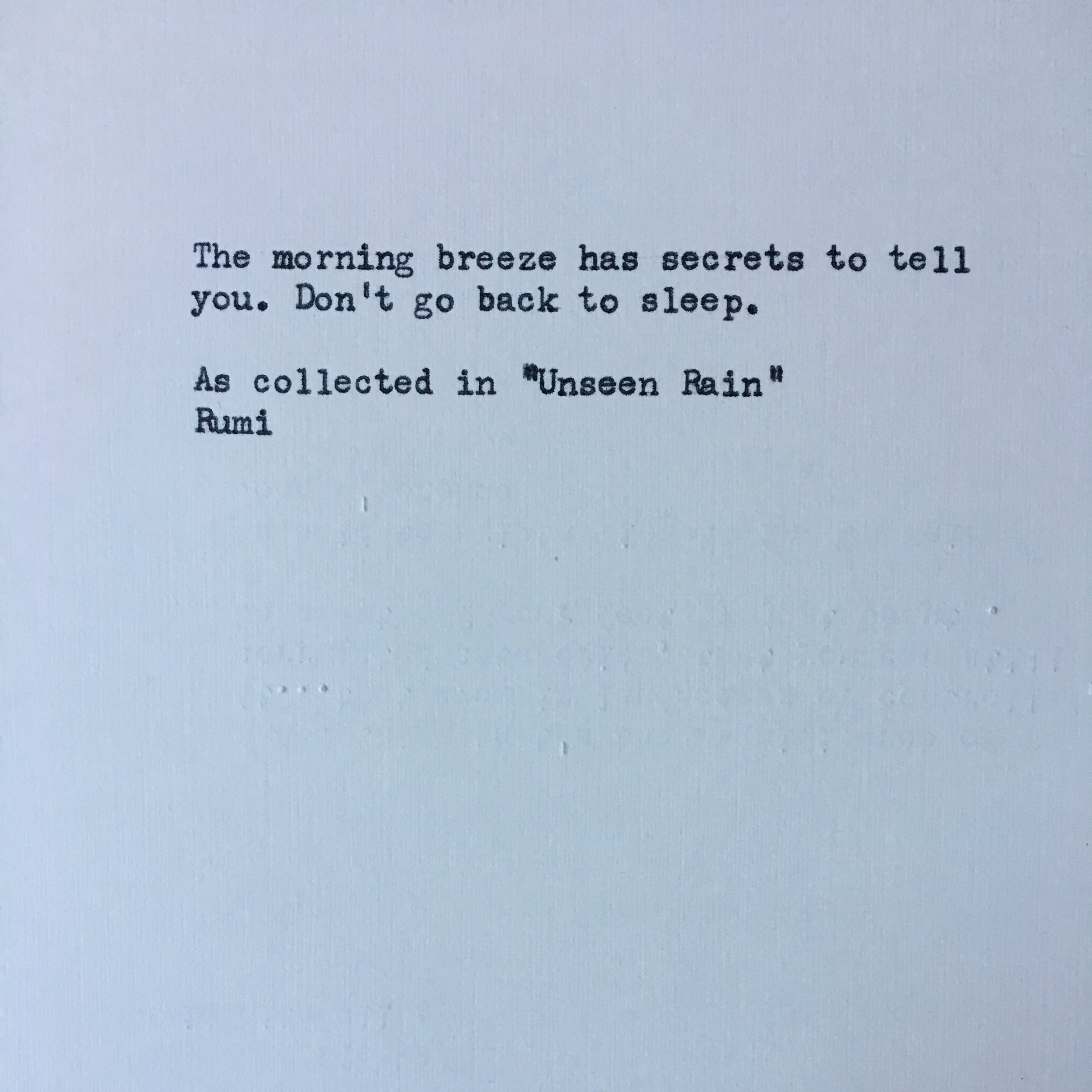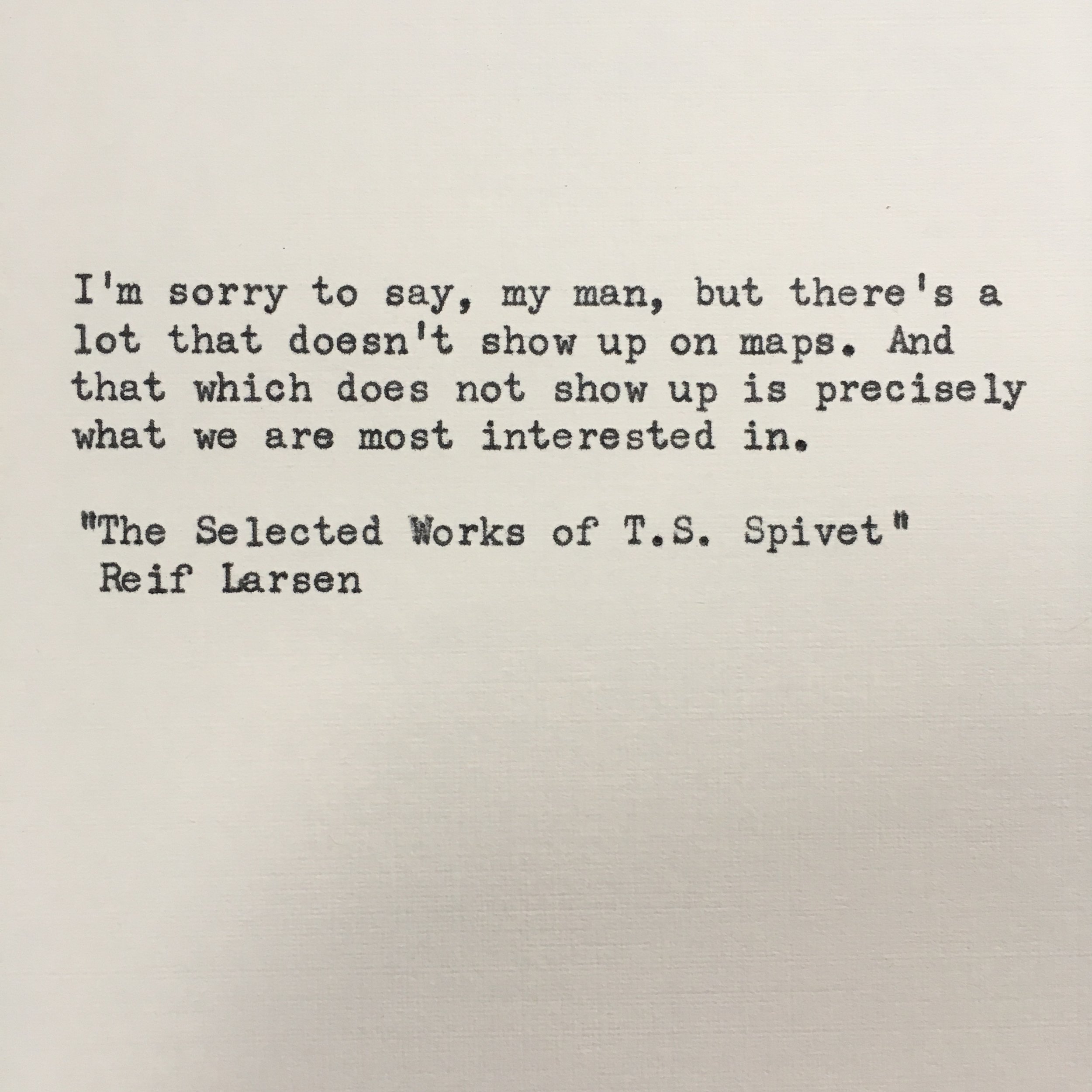On Water
James Joyce’s virtually unreadable Finnegans Wake begins in the middle of a watery sentence: “riverrun, past Eve and Adam’s, from swerve of shore to bend…”
If you were to stand next to Nick in Gatsby’s mansion and look out towards the unreachable green light (“…the orgastic future that year by year recedes before us…”), you would see many forms of water:
“After the house, we were to see the grounds and the swimming-pool, and the hydroplane and the mid-summer flowers — but outside Gatsby’s window it began to rain again, so we stood in a row looking at the corrugated surface of the Sound.”
Later on, and before Gatsby was found dead in it, Fitzgerald would describe the pool’s surface as corrugated . He must have enjoyed the way wind ripples water.
Herman Hesse uses water as a predictably simple (and quite lovely) zen metaphor in Siddhartha —“The river is everywhere” — while John Steinbeck described the Carmel River in Cannery Row the wonderful way he would talk about things like that:
“[It] is a lovely little river. It isn’t very long but in its course it has everything a river should have. It…tumbles down a while, runs through shallows,…crackles among round boulders, wanders lazily under sycamores, spills into pools where trout live…In the winter, it becomes a torrent,…and in the summer it is a place for children to wade in and for fishermen to wander in.”
It was near that river, up the coast in Monterey, where Steinbeck gave us a happily stagnant group of idle characters: “Mack and his friends approached contentment casually, quietly, and absorbed it gently.”
As you would expect in Infinite Jest, David Foster Wallace — whose descriptions of nature, in my mind, are second to none — gave a dark and somewhat tortured description of the Charles River in Boston:
“…the visible Charles River, the Charles tumid with rain and snowmelt, illumined in patches by headlights on Memorial and the Storrow 500, the river unwinding, swollen and humped, its top a mosaic of oil rainbows and dead branches, gulls asleep or brooding, bobbing, head under wing.”
But best of all is Winnie the Pooh, where you get this:
“Oh, Eeyore, you are wet!” said Piglet, feeling him. Eeyore shook himself, and asked somebody to explain to Piglet what happened when you had been inside a river for quite a long time.”
It’s a beautiful question: what does happen when you have been inside a river for quite a long time? What is it about the world’s clearest water — the kind that just has to be far away from everything you know — that makes you want to do that perfect closed-eyed dive, curling down and gliding up, feeling fresh and refreshed and cool all at once?
Water will always be a lovely character in books, and no matter how it’s described, there is a sense of romance to it — powerful, endless, clear, swollen, corrugated, everywhere — that tends to always make me yearn for the next time I can put my toe in.








